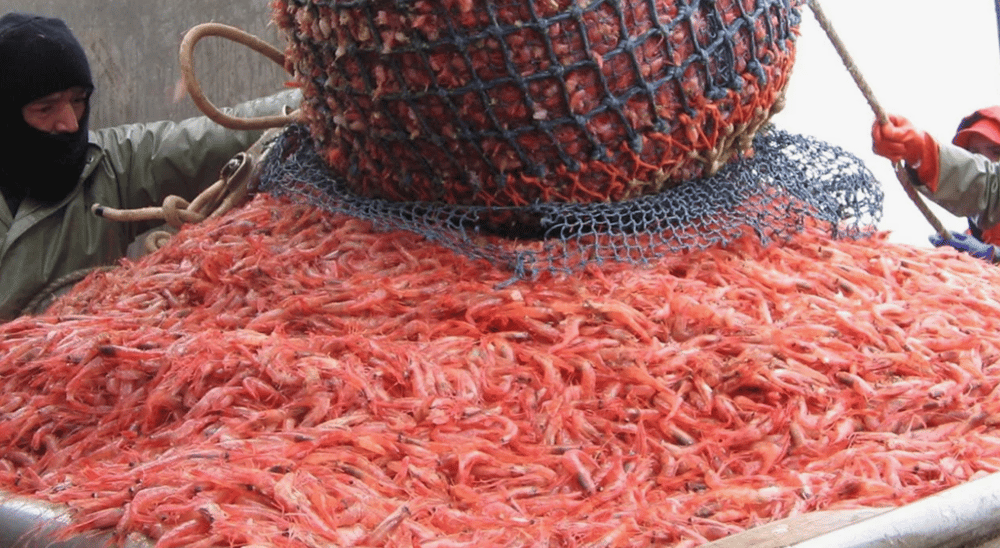The Impact of Trump's Tariffs on the US Shrimp Industry A Shift in the Supply Chain
The recent policy changes introduced by President Donald Trump's tariffs have brought significant challenges to the global shrimp supply chain to the United States. India, known as the largest supplier of shrimp to the American market, is now facing serious difficulties with approximately 2,000 containers of frozen shrimp at risk due to the newly imposed 26% tariffs.
These changes pose substantial risks to the Indian shrimp industry, valued at around $7 billion. Primary buyers of Indian shrimp include major supermarket chains like Walmart and Kroger, which are now reconsidering their supply strategies in response to the changing tariffs.
Opportunities Arise for Ecuador
While India grapples with these new challenges, Ecuador is in a more favorable position due to lower tariffs and its proximity to the United States. Shrimp is Ecuador's second most important export product after oil, and the country sees this moment as an opportunity to expand its market share in the US.
Ecuadorian companies are optimistic about their growth prospects and are planning to increase their export capabilities, hoping to fill the gap left by the reduced Indian shrimp supply.

Current Situation by the Numbers
Here are several key figures that highlight the significance of this development:
1. Volume of Indian shrimp exports: about 2,000 containers are at risk due to tariffs.
2. Importance of exports for India: the industry's value is estimated at $7 billion.
3. Ecuadorian tariffs: significantly lower than those faced by India, opening new market opportunities.
Advantages for Ecuador
The Ecuadorian shrimp industry stands to gain substantial benefits from the current situation. Here's why:
- Ecuador has a logistical advantage with its proximity, making supply to the US cheaper and more efficient.
- Lower tariffs render Ecuadorian shrimp more competitive in the US market.
- The ability to quickly scale up shrimp exports allows Ecuador to strengthen its presence in American retail chains.
Market Implications
This market realignment could signal significant shifts in global seafood trade flows. Redirecting focus from India to Ecuador might have lasting impacts on both the US market and shrimp producers worldwide.
Such changes are expected to affect global supply chains and may become the subject of future economic analyses regarding the resilience of various business models among Indian and Ecuadorian exporters. Market players are closely observing these developments, which may become a pivotal topic in future economic discussions.















Comments